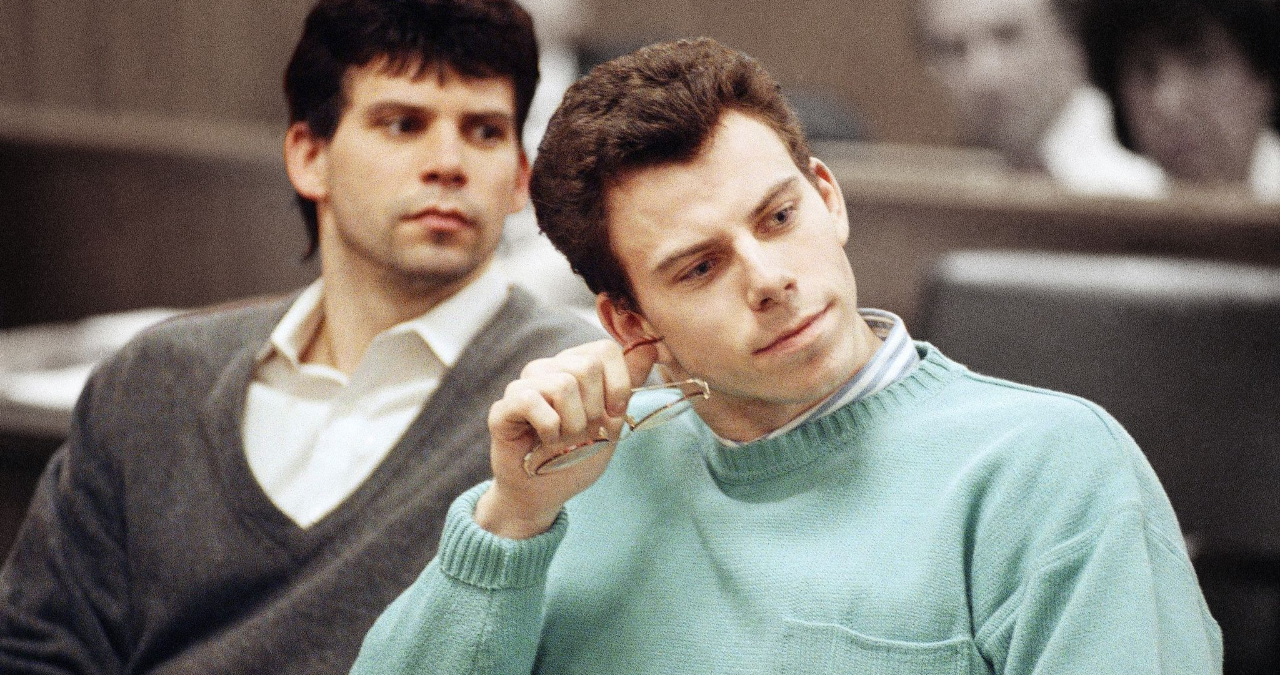Chris Brown Residuals If you’ve ever wondered how some artists continue to make millions even when they’re not actively touring or releasing new albums, residuals are the secret sauce. In Chris Brown’s case, residuals come from a mix of sources: music plays, licensing deals, features on other artists’ tracks, film and TV syncs, and even merchandising. Chris Brown Residuals Each time a song gets streamed, played on the radio, used in a commercial, or bought digitally, a small cut goes to the artist. And with Chris Brown’s massive catalog, those cuts add up fast.
Chris Brown has been in the game for nearly two decades. From his self-titled debut album to chart-dominating hits like “Forever,” “Look At Me Now,” and “No Guidance,” his music catalog is stacked. Chris Brown Residuals Every song, feature, and remix represents a slice of future income. Every time you hear “With You” playing at a wedding or “Loyal” blasting at a club, Chris Brown gets paid. Chris Brown Residuals That’s the beauty of residuals—they keep giving, long after the work is done.
How Chris Brown Built a Residual Goldmine
Chris Brown didn’t just stumble into residual wealth. Chris Brown Residuals He built it. From the start of his career, Chris has taken creative control and focused on ownership, which is key in maximizing residual earnings. Chris Brown Residuals By writing or co-writing many of his songs, he ensured that he receives publishing royalties—one of the most valuable types of residuals in music.
He’s also been strategic about collaborations. Chris Brown Residuals Being featured on other artists’ tracks or having them feature on his means he continues to earn every time those songs are played. Chris Brown Residuals Whether it’s “No Air” with Jordin Sparks or “Go Crazy” with Young Thug, those hits generate long-term income across streaming platforms, radio, and sync licensing.
Owning a big chunk of his masters also puts him in a powerful position. Chris Brown Residuals When artists own their master recordings, they control how those recordings are used and earn a larger share of profits. It’s why Chris Brown’s catalog remains a steady income stream even if he goes quiet for a year.
The Role of Streaming in Chris Brown Residuals

In today’s digital music landscape, streaming platforms like Spotify, Apple Music, and YouTube are major engines of residual income. For Chris Brown, who racks up millions—sometimes billions—of streams, the checks from these platforms are no joke. Chris Brown Residuals Each stream may only pay a fraction of a cent, but when you multiply that by millions of plays globally, it turns into serious cash.
Chris Brown is a streaming powerhouse. His consistent ability to drop songs that trend and remain on playlists means his back catalog also stays alive. Fans who discover Chris through new hits often circle back to older albums, keeping the residual wheel turning. Whether it’s someone vibing to “Take You Down” for the first time or a party playlist blasting “Run It!,” those plays help sustain his earnings.
And it’s not just about the music platforms. YouTube monetization also plays a big role. Chris’s music videos have garnered billions of views over the years. Chris Brown Residuals That’s ad revenue, residual licensing fees, and brand visibility all wrapped up in one digital package.
Chris Brown and Music Publishing Royalties
Publishing royalties are a behind-the-scenes treasure trove for any music artist, and Chris Brown is no exception. Every time a song he’s written or co-written is performed live, played on the radio, or used in a commercial, he earns a publishing royalty. This form of income can be even more valuable than streaming, especially when a song gets picked up by major brands or television shows.
Let’s say a TV drama licenses “Don’t Wake Me Up” for a big emotional scene. Chris Brown gets paid. If a video game uses “Yeah 3x” in its soundtrack? More money. That’s the beauty of publishing—it’s an ongoing source of income from work done years ago. For artists like Chris Brown, whose catalog includes everything from party bangers to soulful ballads, there are endless opportunities for sync deals that turn into long-term earnings.
Moreover, publishing royalties are collected internationally. So whether a track is playing in a London nightclub or a Tokyo shopping mall, Chris Brown’s account is seeing deposits. His global reach ensures a steady flow of money, even when he’s not actively touring.
How Touring Still Adds to the Residual Picture

While residuals are typically passive, Chris Brown’s touring habits also contribute to his long-term earnings. Every performance adds exposure, renews interest in his old tracks, and boosts streaming numbers. When fans attend a concert and fall back in love with a classic like “Say Goodbye,” they’re likely to stream it again the next day—which keeps the residual wheel spinning.
Beyond that, live performances often come with deals for live recording releases or video licensing. If a concert is recorded and sold, streamed, or broadcasted, Chris can earn residuals from that too. It’s another layer to an already rich system of revenue channels that keep paying him even when the tour buses stop rolling.
His merch sales during tours—shirts, hats, posters—all feed into branding and can be licensed for future campaigns or collaborations. Even that merch design from the Indigo Tour might end up earning residuals if used in future promotional material or fan collections.
FAQs About Chris Brown Residuals
Q: What are residuals in the music industry?
Residuals are ongoing payments an artist receives from previous work. In music, this includes royalties from streaming, radio play, performances, licensing, and publishing. For someone like Chris Brown, it’s a constant flow of income from songs released even years ago.
Q: Does Chris Brown make more money from touring or residuals?
It depends on the year and project, but residuals offer a more passive and continuous stream of income. Touring brings in large amounts at once, but residuals keep paying whether he’s working or not. With a catalog as deep as his, residuals are incredibly lucrative.
Q: How does streaming contribute to Chris Brown’s residuals?
Streaming platforms like Spotify, Apple Music, and YouTube pay artists each time their music is played. Chris Brown, with billions of streams, makes significant money through these platforms. His popular tracks are evergreen, keeping those digital checks coming.
Q: Does Chris Brown own his masters?
Chris Brown reportedly owns a significant portion of his music masters, especially his newer material. This ownership boosts his residual earnings, giving him more control over licensing and usage rights.
Q: Do features and collaborations increase his residuals?
Absolutely. Each time a collaborative track is played or licensed, all contributing artists typically receive a share. Chris Brown has featured on dozens of hits, meaning his residual income stretches far beyond his solo releases.
Conclusion
Chris Brown residuals are the perfect example of how talent, smart business moves, and creative control can turn music into a long-lasting money machine. While the world sees the artist on stage, behind the scenes is a finely tuned system of royalties, publishing, and licensing that keeps the cash flowing—sometimes even more than live performances. Chris Brown didn’t just build a music career; he built a financial engine that pays him every single day.




